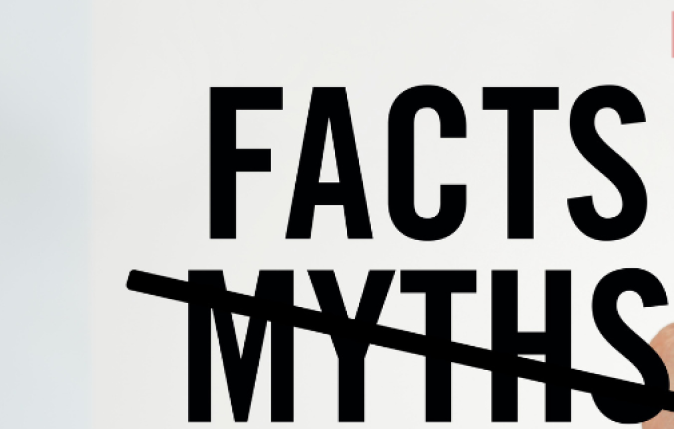Understanding Crossbite: Signs, Effects, Treatments, and Solutions in Dentistry
A crossbite is a dental condition that occurs when the upper and lower teeth do not align properly. This misalignment can lead to various complications, affecting not only oral health but also overall well-being. In this article, we will explore the signs, effects, treatments, and solutions for crossbite in dentistry.
Signs of Crossbite:
- Irregular alignment of upper and lower teeth
- Difficulty in chewing or biting
- Jaw pain or discomfort
- Asymmetrical facial appearance
Effects of Crossbite:
- Dental Issues: Crossbite can lead to excessive wear on teeth, increased risk of tooth decay, and gum disease.
- Jaw Misalignment: If left untreated, crossbite can cause uneven jaw growth, leading to temporomandibular joint (TMJ) disorders and facial asymmetry.
- Speech Problems: Crossbite may contribute to speech impediments and difficulties in pronunciation.
Treatments for Crossbite:
- Orthodontic Treatment: Braces or clear aligners can gradually shift the teeth into proper alignment, correcting the crossbite.
- Palatal Expanders: Used in younger patients to widen the upper jaw and correct the crossbite.
- Surgery: In severe cases, surgical intervention may be necessary to reposition the jaw and correct the crossbite.
Solutions in Dentistry:
- Early Intervention: Identifying crossbite in its early stages allows for simpler and more effective treatment.
- Customized Treatment Plans: Dentists create personalized treatment plans tailored to each patient’s specific crossbite condition.
- Multidisciplinary Approach: Collaboration between orthodontists, oral surgeons, and other dental specialists ensures comprehensive and effective crossbite treatment.
Crossbite is a significant dental concern that requires timely intervention to prevent long-term complications. By recognizing the signs, understanding the effects, and exploring the available treatments and solutions in dentistry, individuals can address crossbite effectively, preserving their oral health and overall well-being. If you have concerns about crossbite, consult a qualified dental professional for personalized guidance and treatment.










